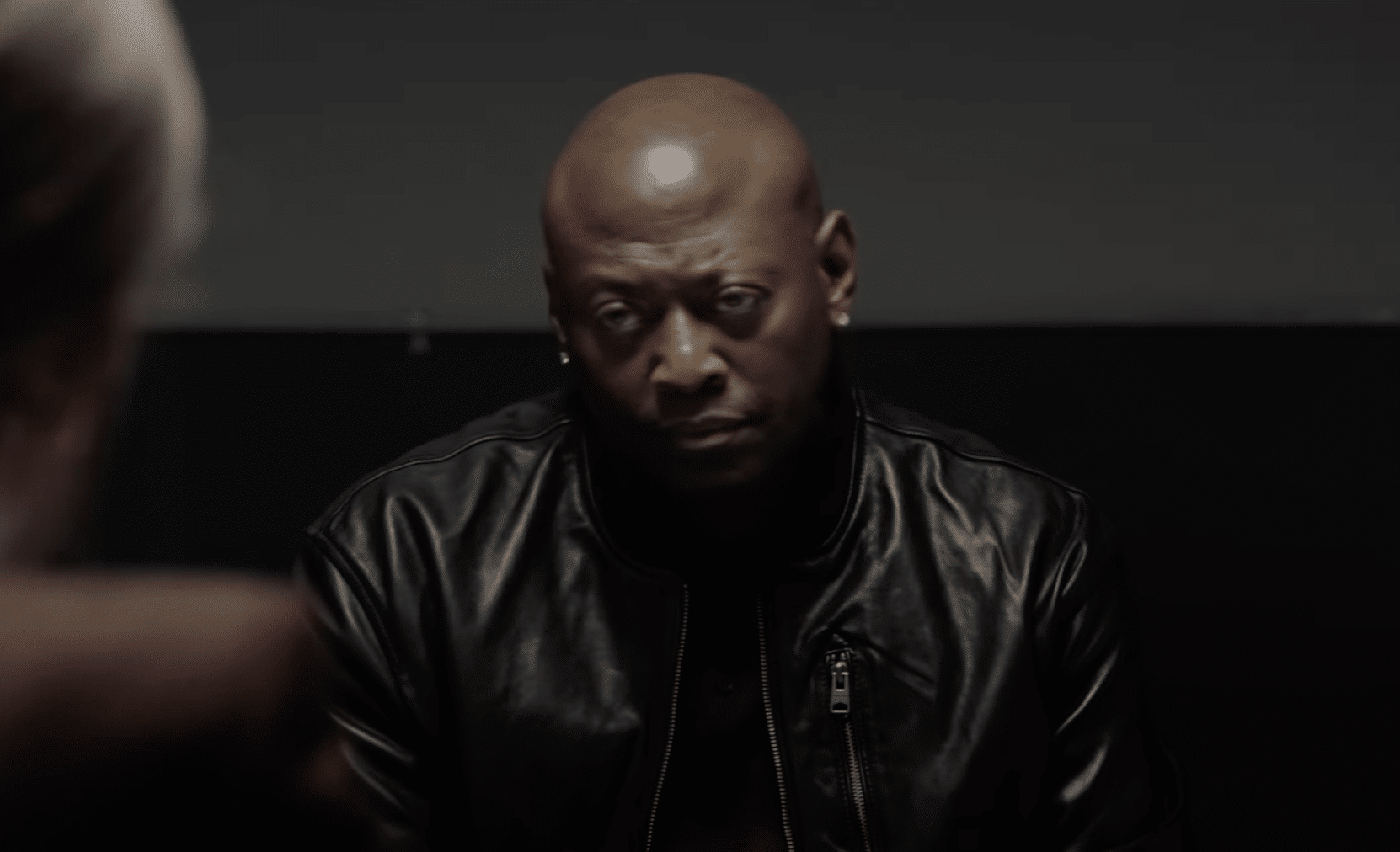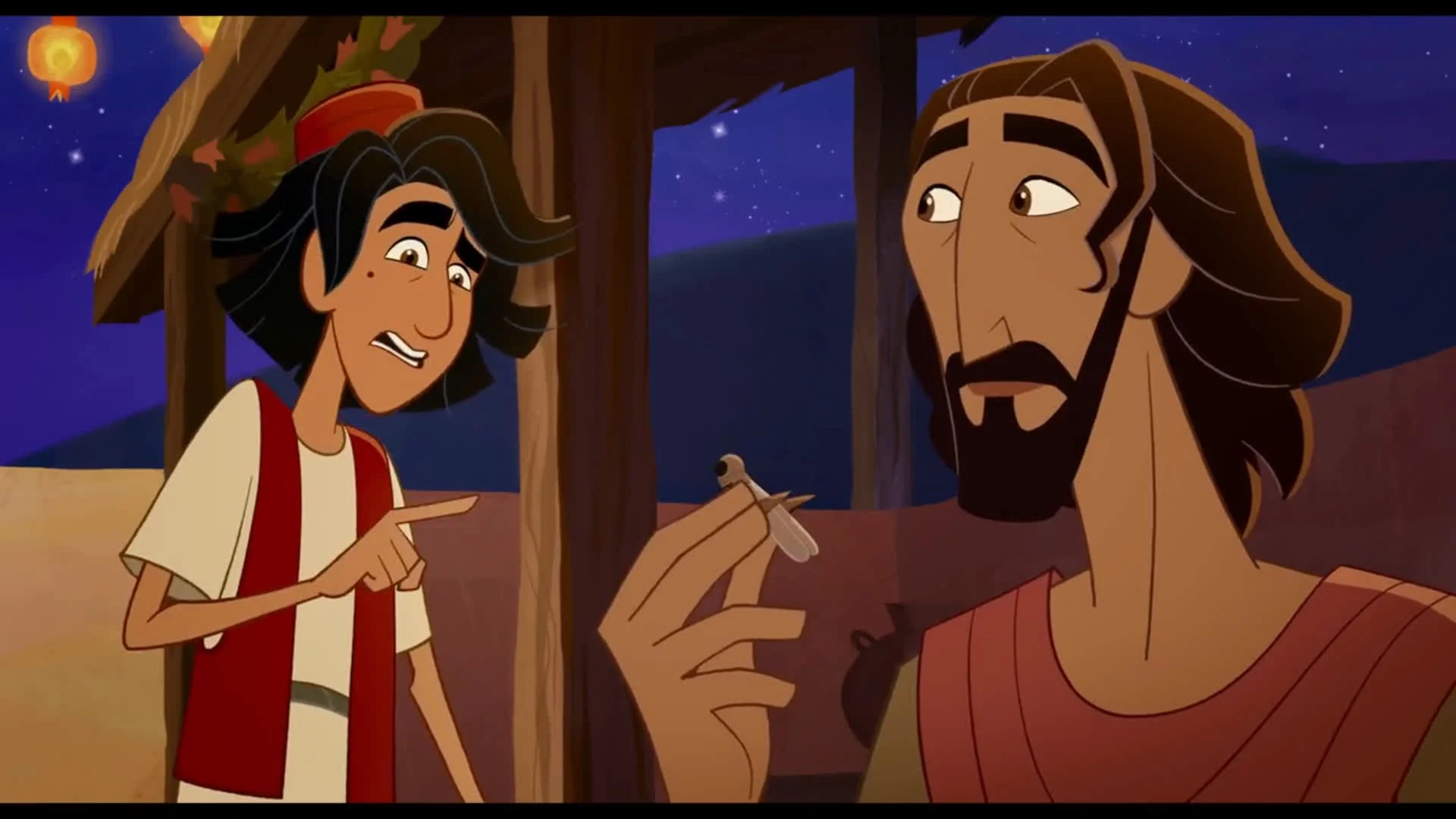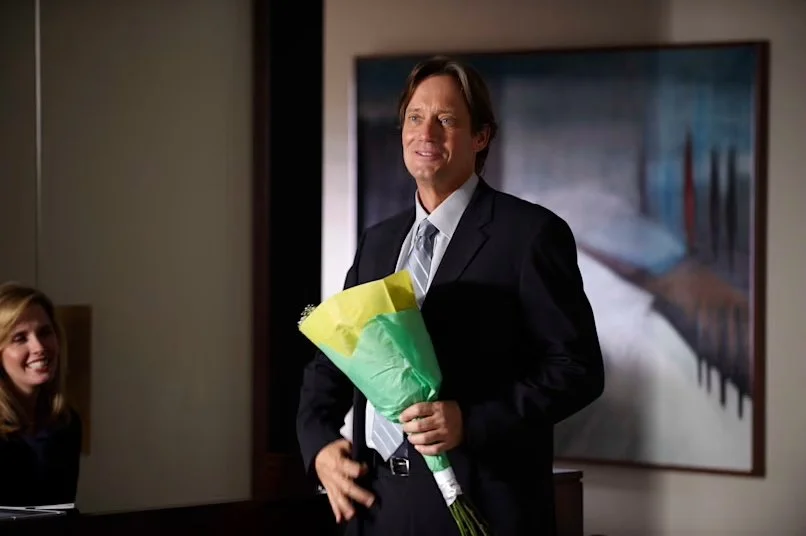(REVIEW) When it came out, the film was a watershed moment for the faith-based film industry. It was the highest-grossing independent film of 2018. This showed that faith-based films could succeed in the mainstream commercially and critically. Not only did this create more investment in faith-based projects, but also shaped future films.
Read More(REVIEW) “Moses the Black” is a gritty, well-crafted independent film exploring faith, violence and redemption through a Chicago gang leader’s encounter with a historical saint. Anchored by strong performances and confident direction, it offers a rare, authentic portrayal of religious experience largely absent from Hollywood and deeply rooted in lived belief.
Read More(REVIEW) The faith-based film industry is going through major changes. It’s starting to break into the mainstream, with critical and box office success. As a result, there’s a new film genre called “based faith” targeting conservative, Christian male audiences, but if “The Pendragon Cycle: Rise of the Merlin” premiere is any indication, this new genre has a rocky road ahead.
Read More(REVIEW) Ryan Burge has created the most important and readable book right now to understand religious decline and polarization in the U.S. His message to commit your life to a shared community is one America needs right now. But it will be up to others to create and maintain the compelling shared vision that binds together the community that Burge wants.
Read More(REVIEW) The film follows the real-life story of Ann Lee, who in the 18th century was the founding leader of the Shaker Movement and was proclaimed as the female Christ by her followers. “The Testament of Ann Lee” is an example of why Hollywood is interested in stories about faith. It’s also an example of why it’s hard for them to capture the experience in a way that resonates with believers.
Read More(REVIEW) This makes film’s presentation feel extremely — for lack of a better word — basic. The movie, however, never figures out exactly which of these threads it wants to follow. Is it about the trials? The nature of evil and whether the Nazis were unique or not? Is it trying to educate viewers about Holocaust history, or say something new about it?
Read More(REVIEW) While evangelicals are often said not to care about racism, quite a few movies made for that audience over the years have dealt with the topic. “Sarah’s Oil” is in that tradition — a decent faith-based historical drama that deals explicitly with race, but one that may become a rarer occurrence in the coming years.
Read More(REVIEW) “The Exorcist” has always stuck out to me as a movie because of its universality, its appeal to both the religious and secular. “Exorcistic” is a byproduct of the movie’s lasting influence in media that certainly leaves a wild impression of its own. It’s worth seeing if you want something to put you into the Halloween spirit.
Read More(REVIEW) “Black Phone 2” is good when it’s going for vibe and style. The first half, where it shows characters dealing with trauma without judging them, is Derrickson at his best. But a disappointing second half that focuses more on preaching than entertainment undermines any goodwill the film built up. And its harmful spiritual messages mean that this is a phone call there’s very little reason to take.
Read More(REVIEW) There's a part of me that can’t wrap my head around the purpose of “The Chosen Adventures.” It’s ostensibly a version of “The Chosen” for kids, but the original series is already largely family-friendly. Sure, it straddles the line between PG and PG-13, but it’s really only the youngest viewers who might find it unappealing.
Read More(REVIEW) “House of David” is the flagship title of the newly launched “Wonder Project,” and Season 2 is the biggest launch title for its new subscription platform. The series delivers on epic battles, complex characters and biblical themes. It recounts the ascent of the biblical figure David, who eventually becomes the most renowned and celebrated king of Israel.
Read More(REVIEW) The online series does a solid job of translating the biblical story and characters into a sit-com workplace comedy format. But, like the Israelites looking for the promised land, it has a long way to go before it gets there. The first season of “The Promised Land” is available on YouTube now with new episodes releasing each week.
Read More(REVIEW) “Guns & Moses” is a rare film that succeeds both as compelling entertainment and as a surprisingly thoughtful exploration of faith. It’s a model that shows how believers can examine all aspects of life through their faith and art — including those they'd prefer to keep in a concealed carry. The film expertly tells a story that is emotionally satisfying from a faith standpoint.
Read More(REVIEW) At times, it feels like there are two different “Light of the World” movies vying for dominance onscreen. One is a cringe Sunday school lesson with forced try-hard laughs and mini-sermons sprinkled throughout. The other is a beautifully animated character drama that shares the beauty of Jesus through relatable characters and moving imagery with genuine laugh-out-loud moments.
Read More(REVIEW) What’s most interesting about “The Sandman” is not the Netflix show itself — but what it says about religion and spirituality. The show has plenty to say about death and faith in ways that fit exactly in with many trends of our modern day. In this way, “The Sandman” is itself a time capsule of modern-day dreams about our life and how the world works.
Read MoreThe film, a standout in early faith-based cinema, returns for its 15th anniversary amid a revitalized genre led by hits like “The Chosen.” Directed by Dallas Jenkins and starring Kevin Sorbo, the film explores an alternate reality where a businessman sees the life he could have had by following God’s path. Strong writing and emotional depth elevate it above genre clichés.
Read More(REVIEW) The devotional art of Jainism, Buddhism and Hinduism share many similarities, even some gods. To understand why, you need to examine the ancient Indian origins of these religions and their iconographies, which can be traced back to the powerful nature spirits and divine serpents once worshipped across the subcontinent.
Read More(REVIEW) “Squid Game” is a series that’s no stranger when it comes to weaving religious imagery into its narrative. Season 3 culminates that thread with both subtle and striking references, particularly when it comes to Christian symbolism. The season, it turns out, is more parable than sermon. The six episodes that form the final season are bloodier than ever.
Read More(REVIEW) Zombies resemble humans without retaining anything about our distinct personalities or relationships also have a visceral ability to articulate our fear of the end. Death is an ever-present fact of life, so symbols of death, like skulls or the Grim Reaper, are natural. This is particularly true during times when religious symbols of death and what comes after (like the Christian cross) appear to be out of style.
Read More(REVIEW) When it comes to U2, perhaps the only thing harder to find than a nuanced opinion of them is an accurate portrayal of their faith. It was a shock to some that the Dublin-based band — who became big in the 1980s — refused to be pigeonholed as apologists for Irish nationalism. Anyone who looks at their religious makeup shouldn’t have been surprised.
Read More



















